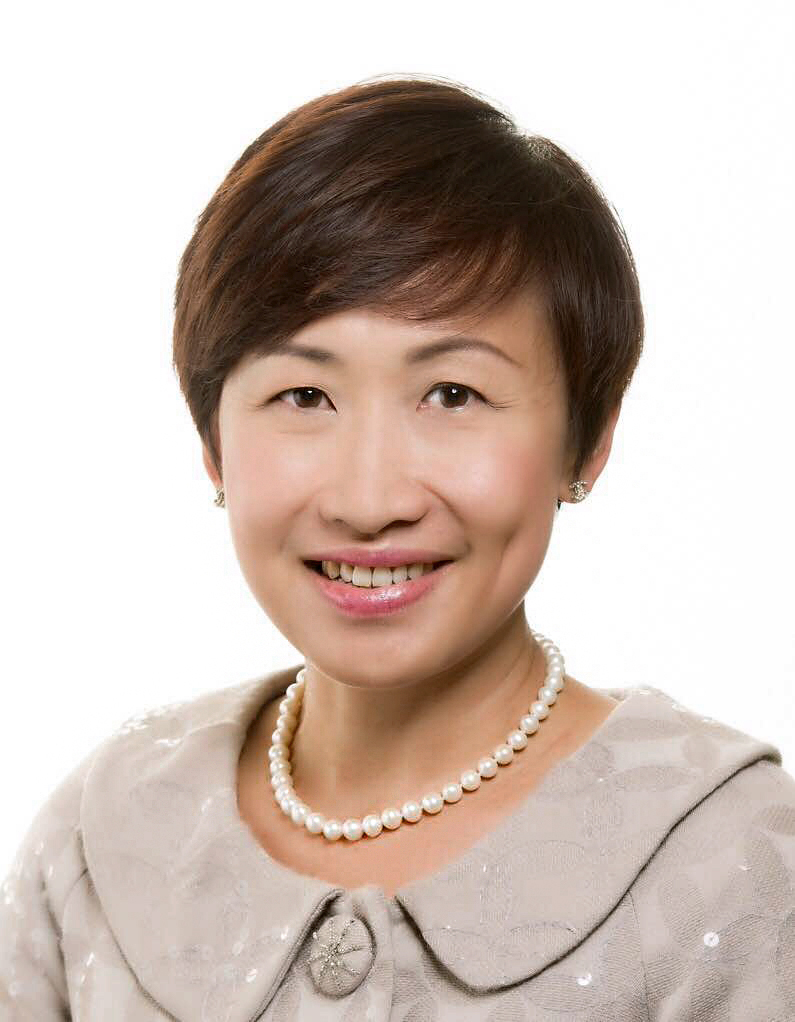WSG guides workforce transformation in Singapore

As a statutory board under Singapore’s Ministry of Manpower (MOM), Workforce Singapore’s (WSG) role is to oversee the transformation of the local workforce and industry to meet ongoing challenges.
One of the biggest challenges currently facing companies in Singapore, is undoubtedly the need to manage remote work teams as non-essential services remain shuttered till June 1, in response to the COVID-19 outbreak.
For WSG, preparedness comes from experience, as Serene Chiang, director, Human Resource Division, WSG, told HRM Asia in an exclusive interview, “Our staff are allowed to telecommute or work remotely up to four days a month, and this has been in place since 2012 when we were previously known as Singapore Workforce Development Agency (WDA).
“This policy continued when WSG was formed in 2016 and has allowed staff to better manage both family and personal commitments. It has been well-received with a take-up rate of over 80% prior to COVID-19.”
For remote working to be successful, having the right infrastructure in place is critical, Chiang identified. For WSG, employees are equipped with a range of tools to support remote working, including VPN access, Skype for business and camera/microphone-equipped laptops for teleconferencing.
“We also provide resources to educate our staff on remote working processes, such as through step-by-step walkthroughs on meeting set-up and virtual meeting etiquette, so that they are better equipped to use such tools.”
Communication and engagement are also key components of WSG’s remote working toolkit. For instance, the organisation’s first virtual townhall session was held this March and was streamed live on Workplace by Facebook.
“We kept up the momentum in April by having more ad-hoc virtual engagement activities, either at the organisational or departmental level, and have emphasised to our key leaders and managers on the need to consistently engage with staff as we all adjust to this different way of working.”
While keen to share WSG’s best practices, Chiang is also keen to highlight that remote working may not work for every worker. She urged more to be done to bridge the physical-digital gap, as some job functions still require a human touch, including face-to-face interactions with jobseekers and employers.
“It is also essential that organisations listen to their employees to find the right mix and balance to bring out the best in them using a virtual space, both in terms of their work performance and personal well-being.”
Providing support for flexible work arrangements
Introduced to provide companies operating in Singapore funding support to implement and sustain flexible work arrangements (FWAs) for all employees, the budget for the Work-Life Grant (WLG) was tripled from SGD$30 million to $100 million in July 2019.
As of end December 2019, over 1,120 companies have come onboard WLG since its enhancements in July 2018, with WLG offering $2,000 for every local or PR worker who adopts an FWA.
During the current COVID-19 enforced climate, MOM is also enhancing the WLG parameters by reducing the requirement for firms to have their workers telecommute and be on staggered hours – from a minimum period of six months to just one month.
One company that has benefited from the WLG scheme is Cycle & Carriage, which has implemented various measures under the FWA framework, including telecommuting, staggered work hours and part-time work arrangement.
After a successful 4-month pilot run in 2019, the company has now formalised this arrangement as part of their people strategy. In a further effort to add more flexibility in managing their workforce, Cycle & Carriage is also in the process of seeking approval to implement time-banking.
Cycle & Carriage added, “FWAs have been gaining traction in Singapore as it provides employees the edge of time and place flexibility.
“With the aim of enhancing overall employees’ experience, as well as reinforcing sustainability efforts in building a mentally strong and digitally savvy workforce for long-term business growth, Cycle & Carriage has implemented various measures under the FWA framework.
“Through FWA, our employees are able to spend more quality time with their family and enjoy greater flexibility in balancing personal commitments with work. The company, on the other hand, benefits from a more engaged and productive workforce.”



